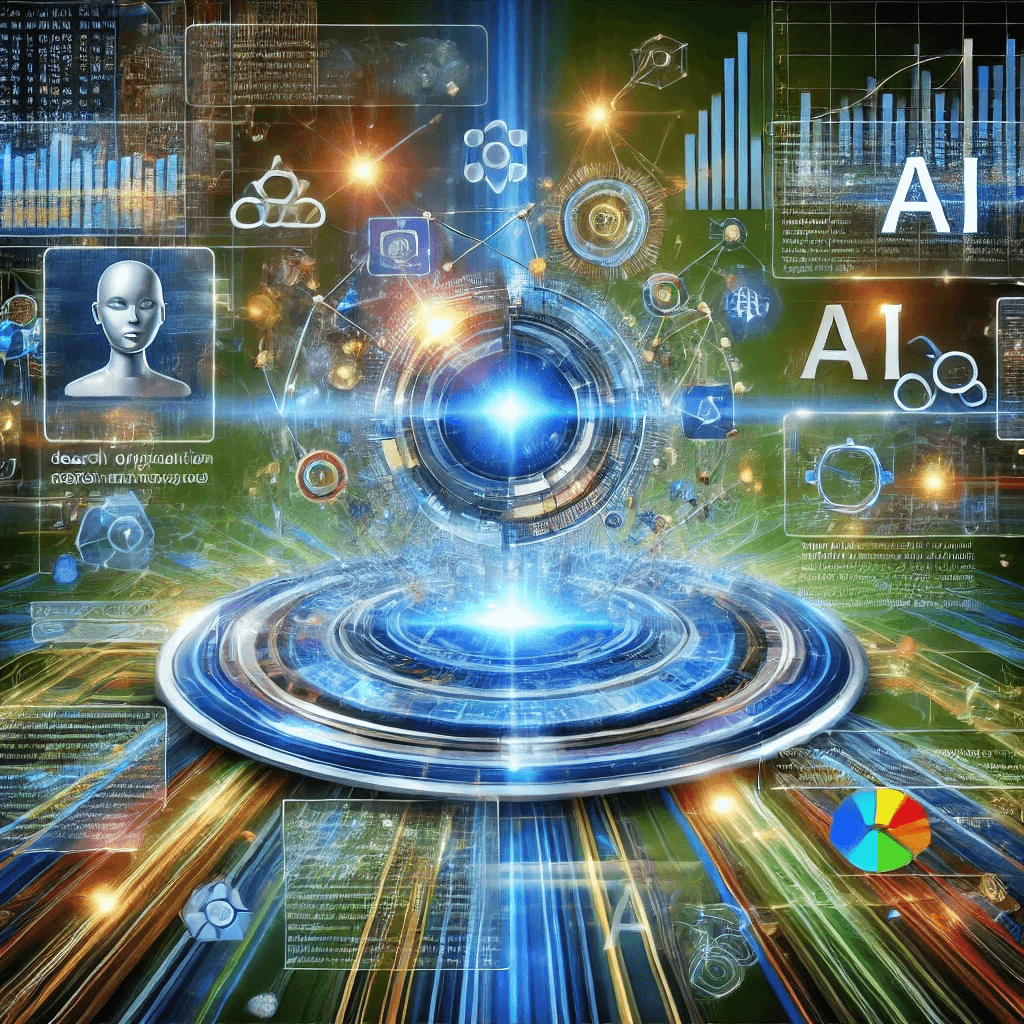SEO In The Age Of AI - Part 2: From Google’s Gemini to SGE: A Year of AI Developments in SEO
This is Part 2 of the SEO In The Age Of AI series. You can read Part 1 here
The landscape of search engine optimization is shifting dramatically, largely due to Google's recent advancements in artificial intelligence. With the introduction of the Search Generative Experience (SGE) and the Gemini system, Google's AI capabilities are evolving rapidly. If you're in the SEO field or rely on web traffic for your business, understanding these changes isn't just helpful—it's necessary.

The Dawn of Google’s Search Generative Experience (SGE)
In May 2023, Google unveiled the Search Generative Experience (SGE), a bold step toward incorporating AI directly into search results. This feature allows users to see AI-generated responses to their queries, offering a glimpse of the future where AI bridges the gap between search intent and information delivery.
For users, this means potentially faster and more precise answers. For SEO professionals, however, it raises a host of questions. The immediate concern is straightforward: if AI-generated answers satisfy user queries right in the search results, what happens to the clicks that used to go to websites? The SEO community has expressed mixed reactions, as the potential for reduced website traffic looms large.
Evolving Features of SGE
The journey of SGE didn't stop at text-based answers. As it evolved, Google integrated AI-generated images and content drafts into the mix. This development is particularly significant for e-commerce and creative marketing sectors, where visual content plays a pivotal role. Imagine searching for a product and being presented with an AI-generated image right alongside the results—it's a game-changer for how consumers interact with search engines.
In response to publishers' concerns about losing organic traffic, Google has made adjustments by adding more links to AI-generated summaries. This effort aims to balance user satisfaction with the need to drive traffic to original content creators. It's a delicate dance, one that SEO experts need to watch closely.
Introducing Google Gemini: A Multimodal AI System
As 2023 drew to a close, Google introduced Gemini, a multimodal AI system designed to generate text, code, images, and video. This isn't just an incremental update; it's a leap forward in AI's role in search. Gemini is part of Google's broader strategy to weave AI into the fabric of its platforms, creating a seamless, multimodal experience for users.
For SEO strategies, this means adapting to a new reality where search results may not just be text-based. The presence of AI-generated images and videos in search results could fundamentally alter how content is optimized and delivered. Traditional SEO tactics, which often focus on text-based content, must evolve to accommodate these new formats.
Global Impact of AI on SEO Practices
The rollout of Google’s AI features, including Gemini and AI overviews, across more than 120 countries signifies a global shift. This isn't just a trend localized to English-speaking markets; it's a worldwide transformation. Industries that rely heavily on visual content, such as fashion or home decor, must particularly pay attention to these changes. The integration of generative AI features in search results can redefine how consumers discover and engage with content globally.
For marketers, the challenge is twofold: understanding how these AI features impact search results and adjusting strategies to maintain visibility. This might involve diversifying content types, enhancing visual content, or leveraging AI tools to create more engaging experiences.
Adjusting SEO Strategies for an AI-Driven Future
Google's emphasis on AI features like SGE and Gemini is more than a passing trend—it's a clear indication of the future direction of search. SEO professionals must stay ahead by familiarizing themselves with these AI capabilities and integrating them into their strategies.
A few actionable steps include:
- Embrace Multimodal Content: Start experimenting with different types of content beyond text. Incorporate images, videos, and interactive elements that could appeal to AI algorithms.
- Monitor AI-Driven Results: Keep a close eye on how AI-generated content is displayed in search results and adjust your optimization strategies accordingly.
- Leverage AI Tools: Use AI tools to analyze and enhance your content. These tools can help you understand user behavior and preferences, which can be crucial in optimizing content for AI-driven search results. Other than learning from your users and customers, the next best thing is to learn from your competition. That's what Kafkai is for.
Understanding the evolution of SGE and Gemini is not just about keeping up with the latest trends—it's about staying competitive in an increasingly AI-dominated digital landscape. As AI continues to shape the future of SEO, those who adapt will thrive, while those who resist may find themselves left behind.